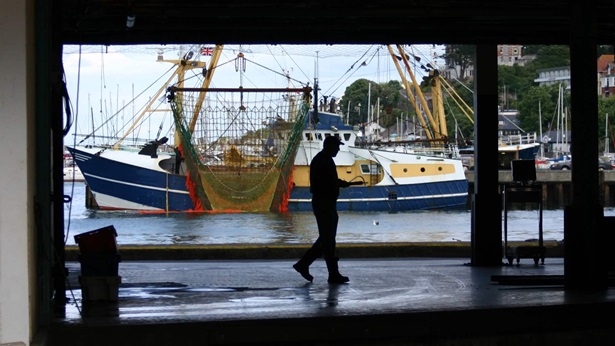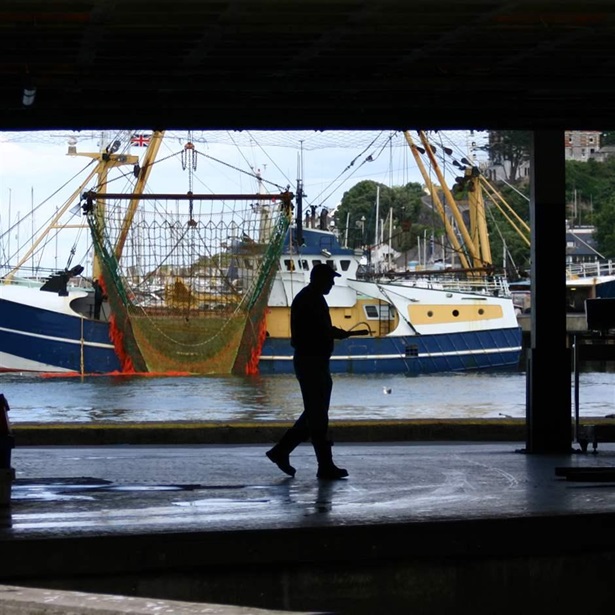Ecuador and Uruguay Bring New Energy to Fight Illegal Fishing
Collaboration should strengthen ocean governance, economic development, and sustainability
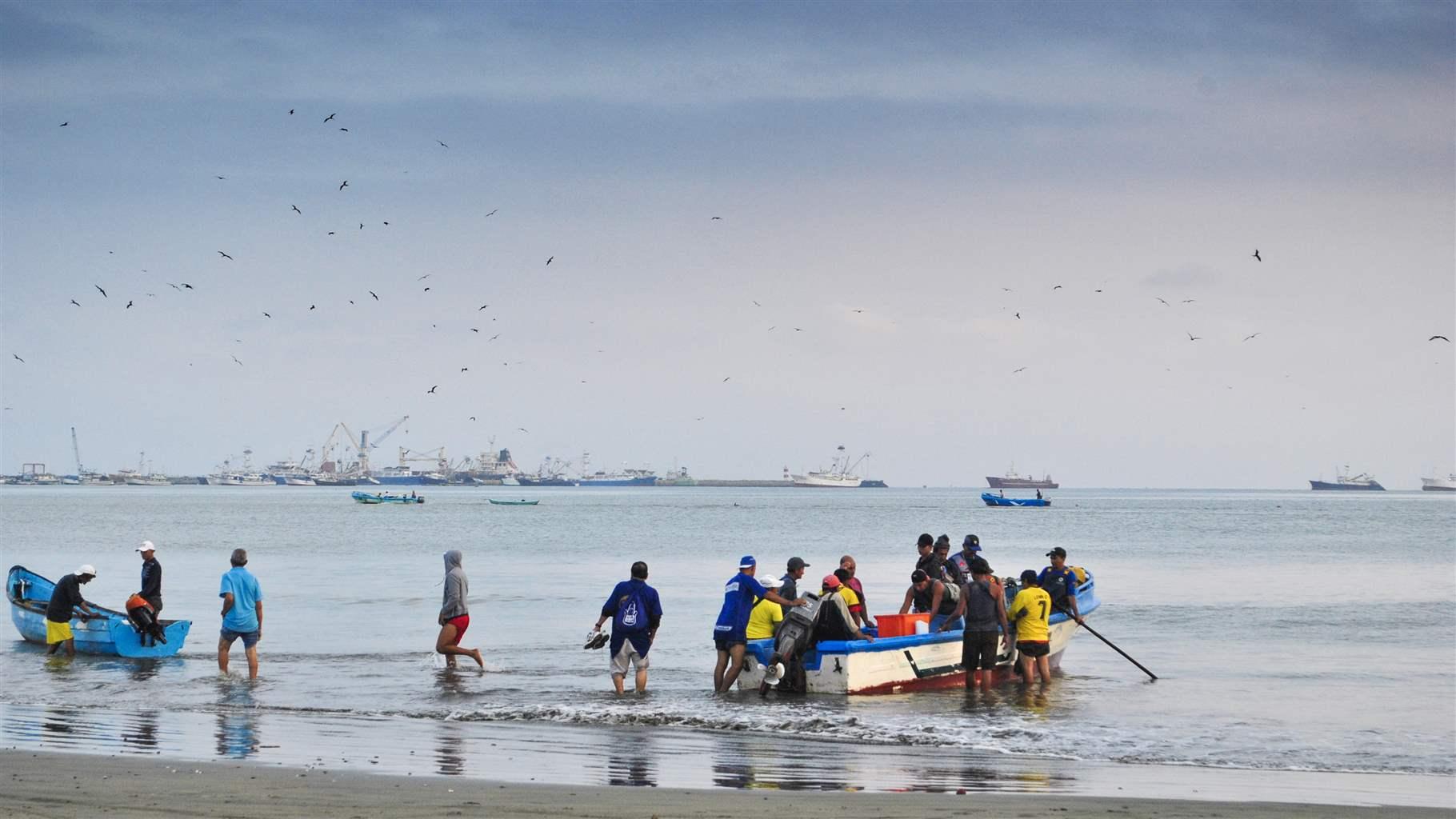
Editor's note: This article was updated on Aug. 30, 2023, to reflect the number of foreign vessels visiting the port of Montevideo, annually; the previous figure was an aggregated number that included domestic and foreign fishing vessels visiting port and in anchorage.
Yesterday, Ecuador and Uruguay signed a landmark memorandum of understanding (MoU) to strengthen their ties and develop cooperative ways to fight illegal, unreported and unregulated (IUU) fishing on both coasts of South America.
IUU fishing can wreak havoc on coastal economies. Illegal fishers do not respect borders or countries’ laws and regulations. They take fish and profits away from those trying to earn a living and can cause or exacerbate overfishing and species decline. In addition, illegal fishers rarely offload their catch in ports close to where they fish, preferring to transfer fish between vessels or to traverse vast swaths of ocean to evade detection of, and prosecution for, crimes.
The MoU signed August 16 is an important step forward for the two nations. It commits each country to mutual, meaningful cooperation on fisheries and aquaculture, and emphasizes how stronger ocean governance, including monitoring and enforcement of fishing activities, can help prevent IUU fishing and ensure long-term sustainability of resources. Andres Arens, vice minister of aquaculture and fisheries for Ecuador, and Jaime Coronel, director of the national directorate for aquatic resources of Uruguay, signed the MoU, which will be in effect for at least five years.
According to the United Nations Development Programme, Ecuador has the largest purse seiner fleet in the Eastern Pacific Ocean and the largest small-scale, artisanal fishing fleet in the Southeast Pacific Ocean, directly employing 58,000 people, all of whom depend on fisheries monitoring and enforcement to ensure that their fisheries stay healthy. And Uruguay, with its 660-kilometre (410-mile) Atlantic coastline, is home to some of the busiest ports in the world. For instance, Montevideo receives more than 300 visits from foreign fishing vessels each year. Each country, whether as a flag State with responsibility for a vessel or a port State accepting catch, has a critical need to protects its fisheries, waters and ports from illegal activities, including the trafficking of people, drugs and other illicit goods.
The MoU commits Ecuador and Uruguay to share information on the previous activity of fishing vessels entering their waters and any red flags about boats that may try to offload illegally caught fish in ports. Significantly, the two governments will also work as a team at international forums, such as the United Nations Food and Agriculture Organization’s Committee on Fisheries, on issues related to climate change, fisheries management and IUU fishing. That work will help to emphasize how these issues affect not only each country but also the broader Latin American region—and, in fact, fisheries around the world. Regionally coordinated action and information sharing can help reduce and disperse costs for governments and are critical to ensuring that international supply chains are closed to unscrupulous actors, even as they cross borders.
Ecuador and Uruguay are not the first countries to recognize the importance of cooperation on fisheries, but the joint agreement is nonetheless noteworthy, given its potential impact to improve fisheries management across the continent and in both the Atlantic and Pacific oceans. Other countries should look to this MoU as a model for improving ocean management and the value of partnerships in fighting illegal activities, strengthening relationships and ensuring that valuable, shared resources such as fish are well-managed and sustainable.
Tahiana Fajardo Vargas is an officer with Pew’s international fisheries project.


America’s Overdose Crisis
Sign up for our five-email course explaining the overdose crisis in America, the state of treatment access, and ways to improve care
Sign up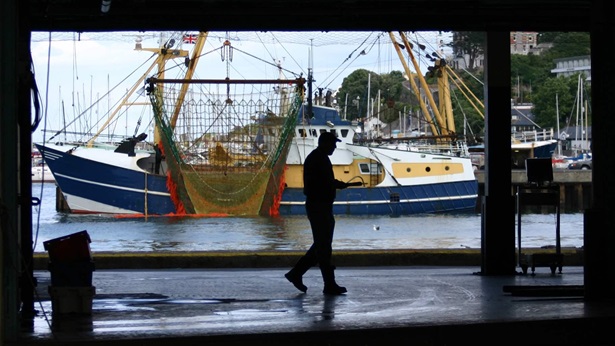
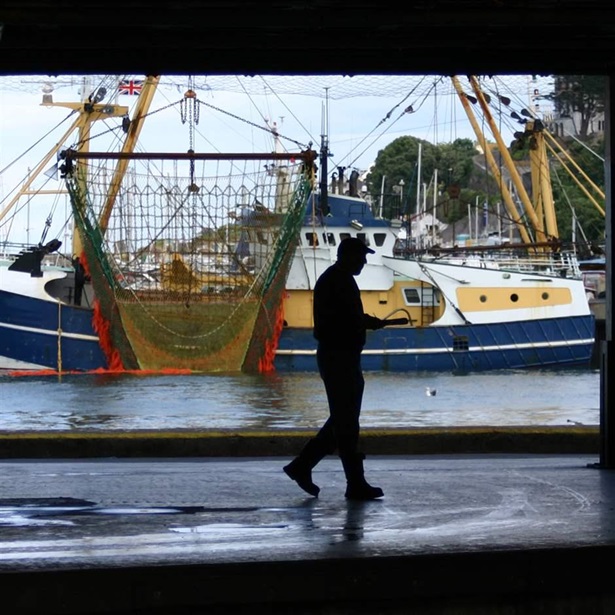
New Assessment Tool to Help Combat Illegal Fishing
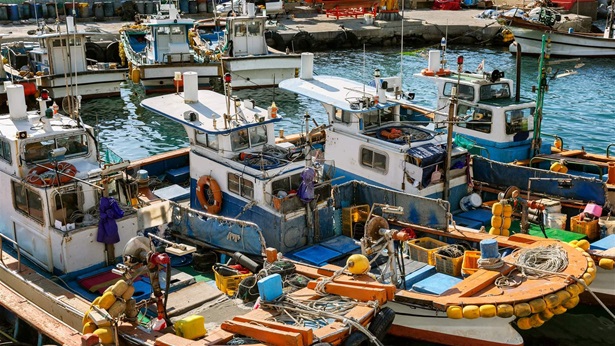
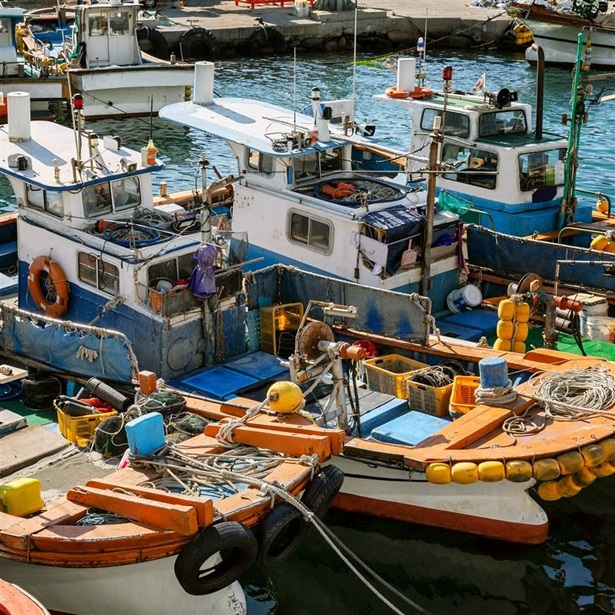
Port Activity Study Reveals Illegal Fish to Enter Markets
